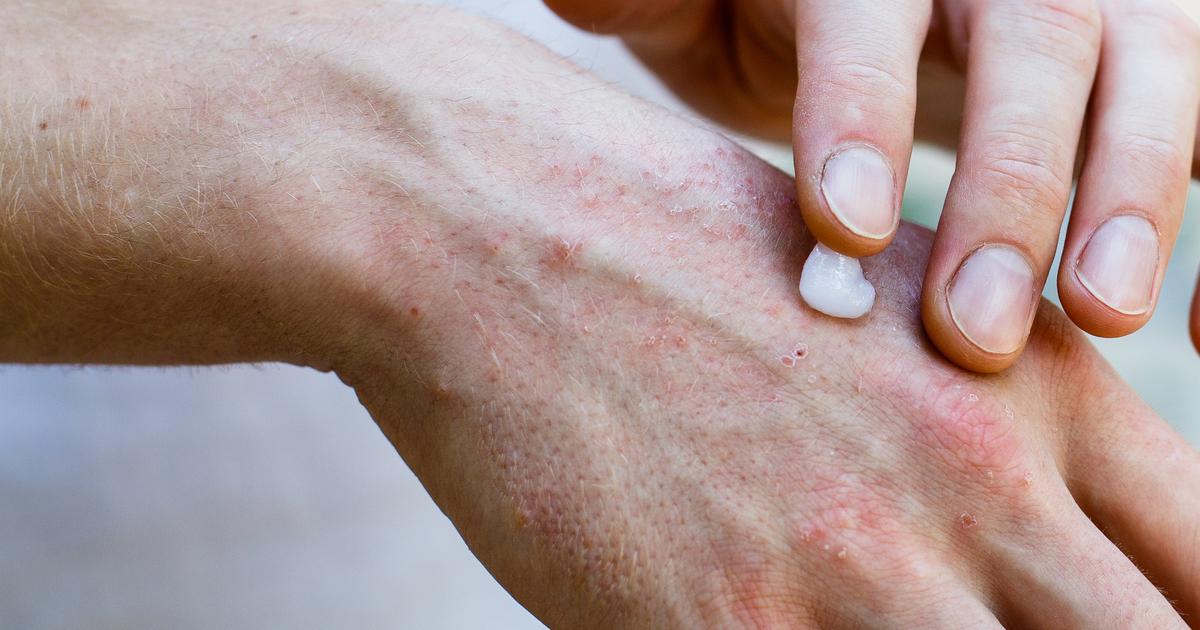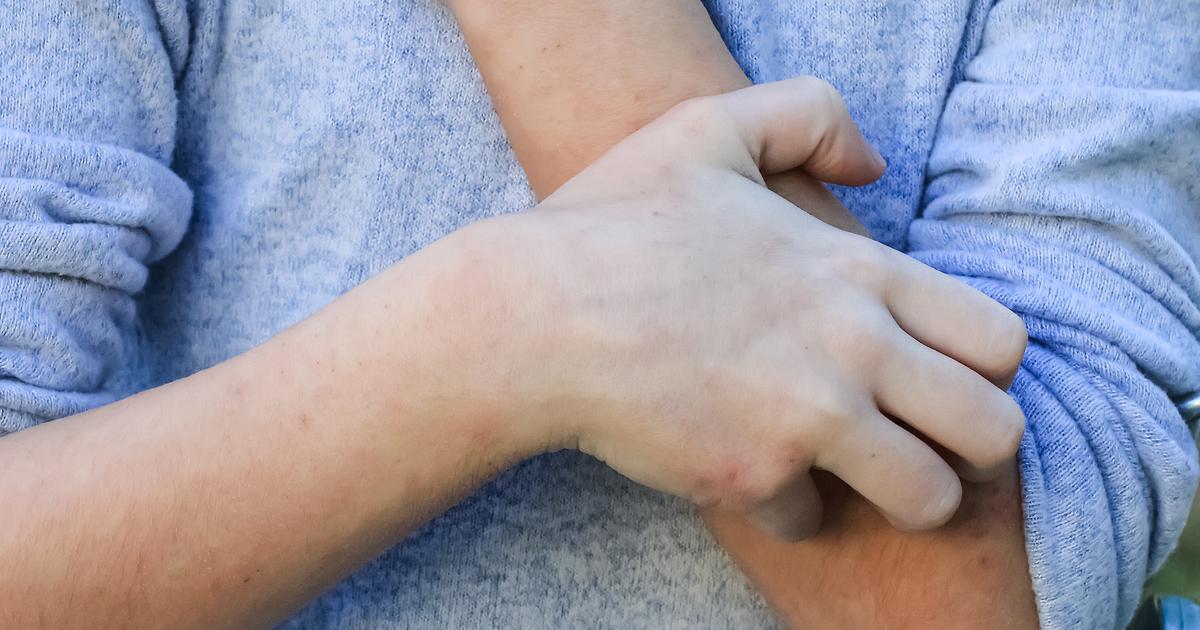Guide To Major Atopic Dermatitis Symptoms
Atopic dermatitis is a type of eczema, and is currently the most common type of eczema diagnosed in the United States. Approximately eighteen million adults in the United States have this chronic condition, and symptoms typically begin in the first six months after birth. The condition often presents in areas where the skin flexes, including the backs of the knees, insides of the elbows, and front of the neck. Patients who have allergic rhinitis or asthma are at an increased risk of developing atopic dermatitis, and it tends to be more prevalent in dry climates.
To diagnose this skin condition, doctors will look at the skin, and it could be necessary to perform a skin biopsy or cultures to test for infection. Treatment methods for atopic dermatitis include light therapy, corticosteroids, antibiotics, and antihistamines. Patients will also need to avoid any known allergens that could exacerbate their symptoms.
Dry Skin

Patients with atopic dermatitis often have patches of severely dry skin, which can cause skin flaking, and the skin may also feel tight and uncomfortable. To soothe dry skin and reduce future dryness, dermatologists recommend for patients to establish a regular skincare routine that emphasizes hydrating the skin. The use of moisturizers will help protect the outermost layer of the skin typically damaged atopic dermatitis. Patients should use moisturizers that do not contain dyes or fragrances, and any prescription creams should be applied before using moisturizer.
Putting on moisturizer within three minutes of finishing a bath or shower will improve the effectiveness of the product, and it needs to be applied with downward strokes. Any excess should be allowed to remain on the skin; it will be absorbed in a few minutes. The patient must apply moisturizer to their hands after hand washing or other contact with water. A dermatologist can help the patient select an appropriate moisturizer that will help treat dry skin.
Severe Itching

Severe itching is one of the most debilitating symptoms of atopic dermatitis. Generally, patients tend to experience the most severe itching at night, and itching usually increases as a patient ages. Severe itching typically causes chronic sleep deprivation, and this may lead to mental health issues, including low self-esteem, anxiety, depression, and difficulties in relationships. Patients could become very isolated, and they might experience problems at work or school.
Since itching is subjective, doctors may ask the patient to rate their itching on a scale of zero to ten, and treatment is planned accordingly. Patients who have itching associated with dry skin could experience some relief with the use of moisturizers, and antihistamines may help reduce the urge to scratch. Topical treatments such as menthol can provide a cooling sensation, and dermatologists may also prescribe numbing creams like strontium or pramoxine to numb the nerve fibers responsible for itching sensations.
